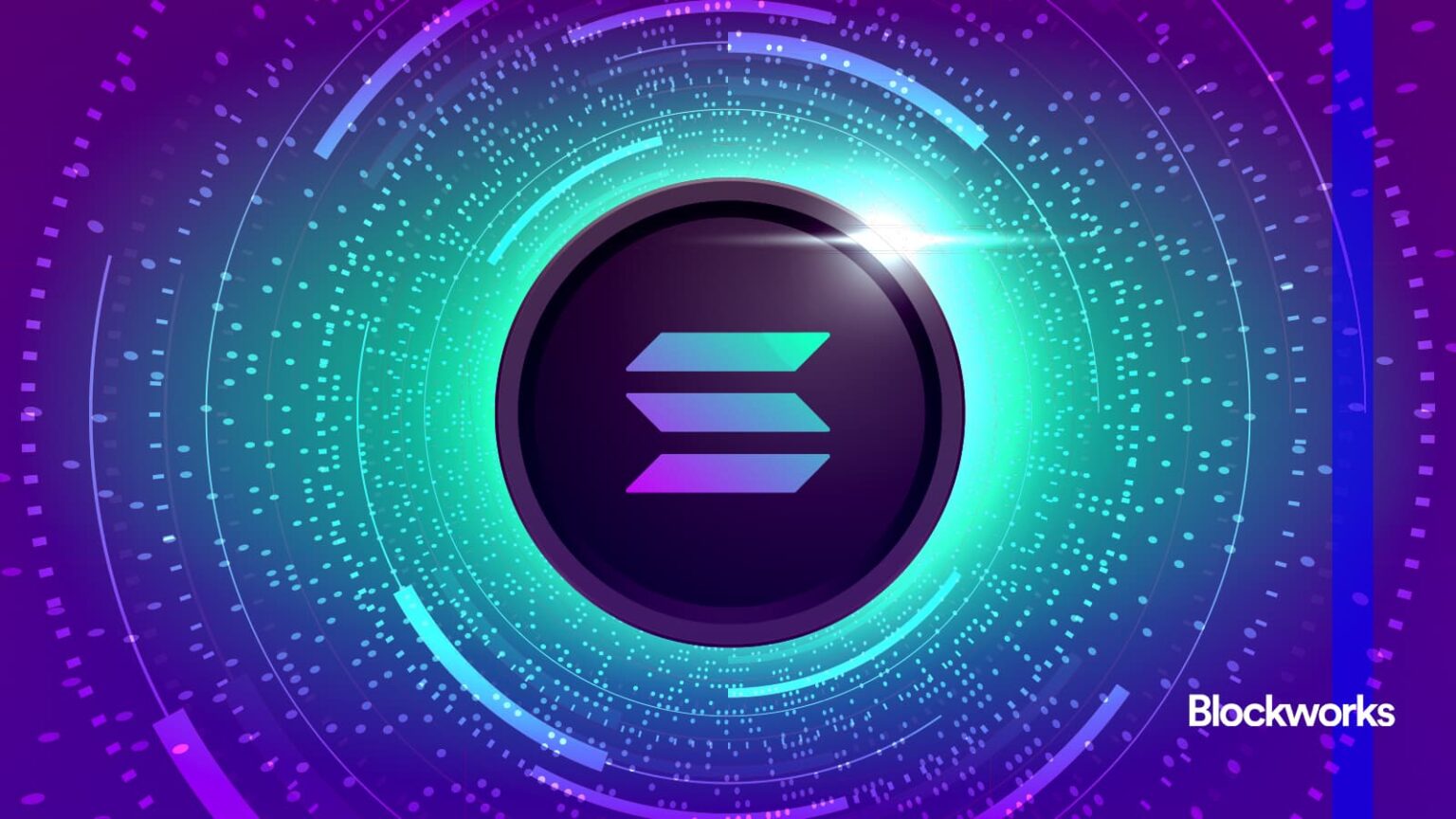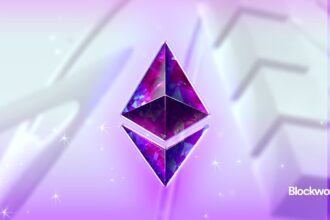This is a segment from the Lightspeed newsletter. To read full editions, subscribe.
Validator Client Fragmentation in Solana’s Ecosystem
Validator clients are the software nodes use to participate in Solana’s consensus and maintain network operations, validating transactions and voting on blocks.
Solana’s ecosystem historically depended on a single implementation—a Rust-based client initially developed by Solana Labs and now maintained by Anza as Agave. However, the market now sees the vast majority of stake (>90%) running on Jito-Solana, a modified version of Agave with MEV infrastructure capabilities.
This dependency creates a significant vulnerability. Jito-Solana would be Solana’s equivalent of a single point of failure, risking network disruptions should it encounter technical issues.
Challenges to Monopoly
Several alternative clients are contesting Solana Labs’ dominance. While Jump Crypto’s Firedancer is a primary contender, it faces competition from other initiatives that may surpass expectations.
Firedancer aims to replace the current “monoculture” with an “open ecosystem” delivering:
- Modular design
- Up to 1 million+ transactions per second
- Enhanced decentralization
Competitive Landscape
Multiple validator client alternatives are undergoing development or deployment, including:
- Jito-Solana: Dominant stake holder by market share, resulting from a minor fork of Agave that introduced innovative MEV capture mechanisms.
- Sig: A Zig-based client prioritizing read operations for improved performance, offering enhanced readability and coding accessibility.
- Paladin: An extension of Jito’s approach, adding token-gated transaction lanes to combat extractive MEV behaviors while facing earnings concerns.
- TinyDancer: Solana’s first open-source “light client” providing enhanced mobile access with trust-minimized verification features.
This client proliferation marks accelerating decentralization efforts in Solana’s network architecture.












